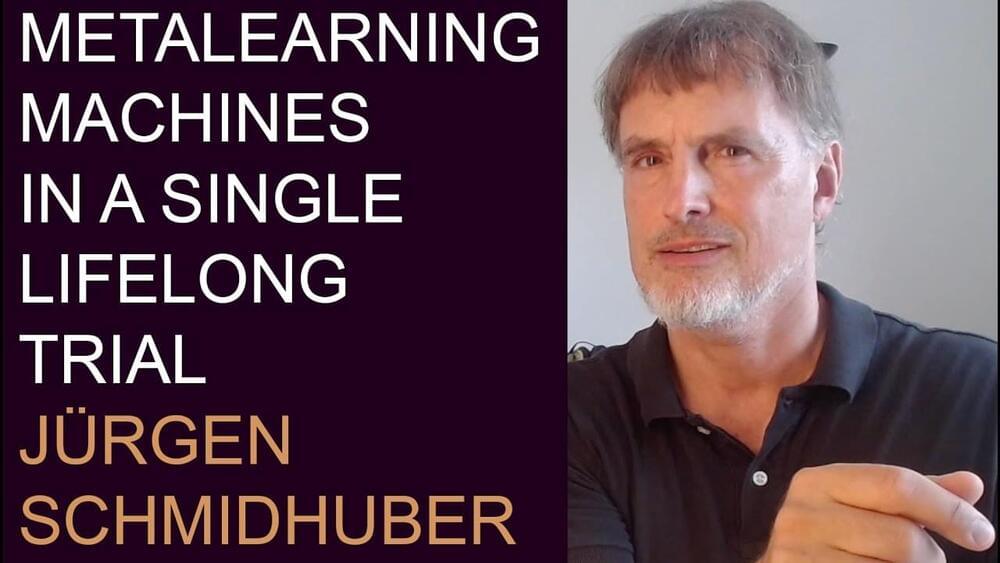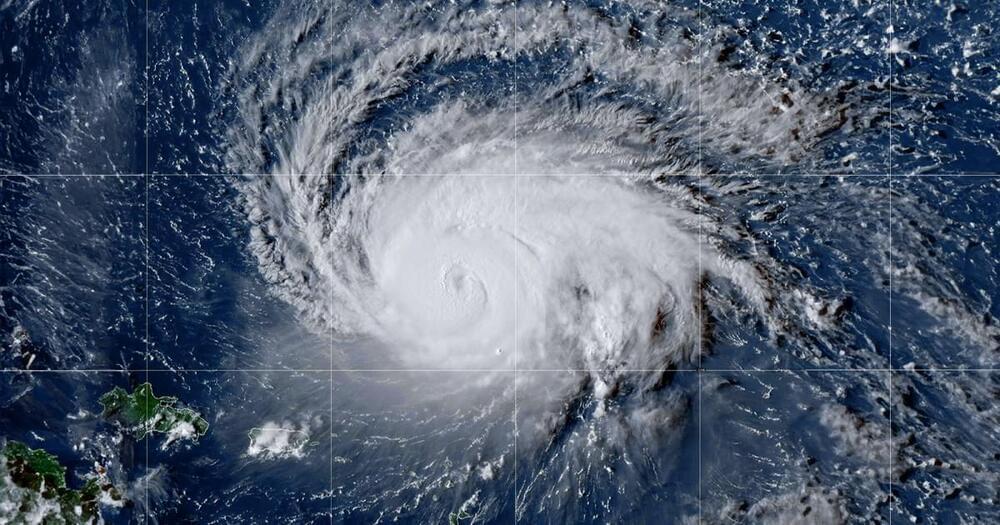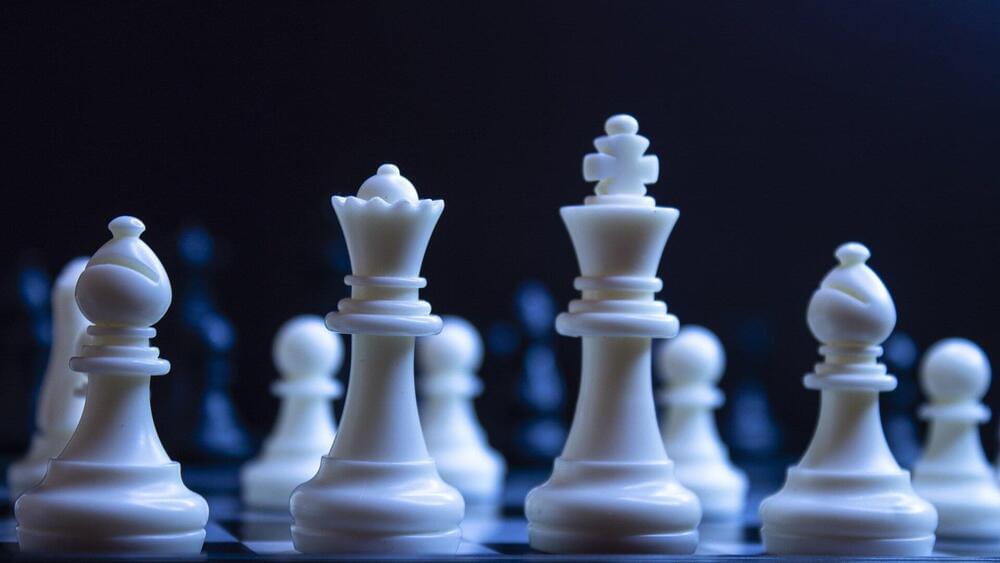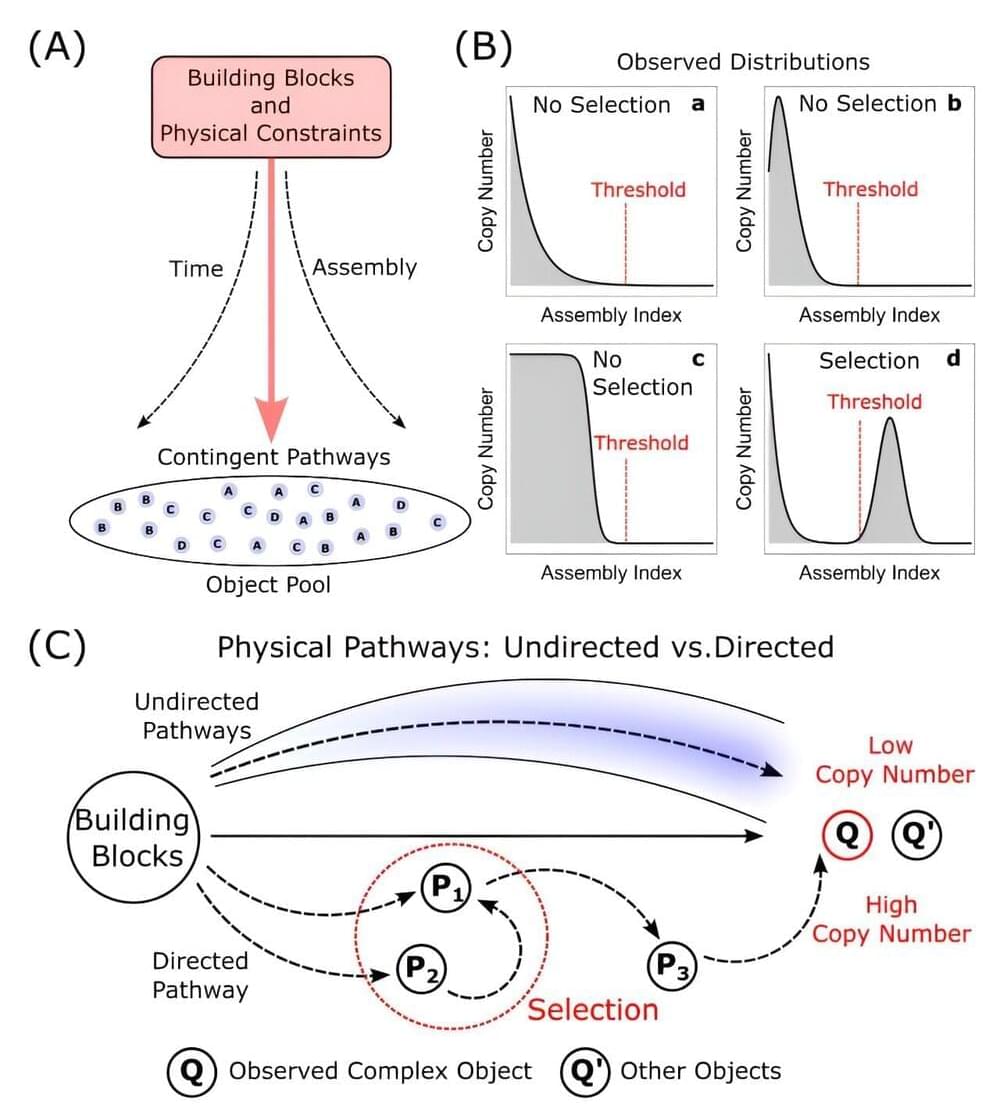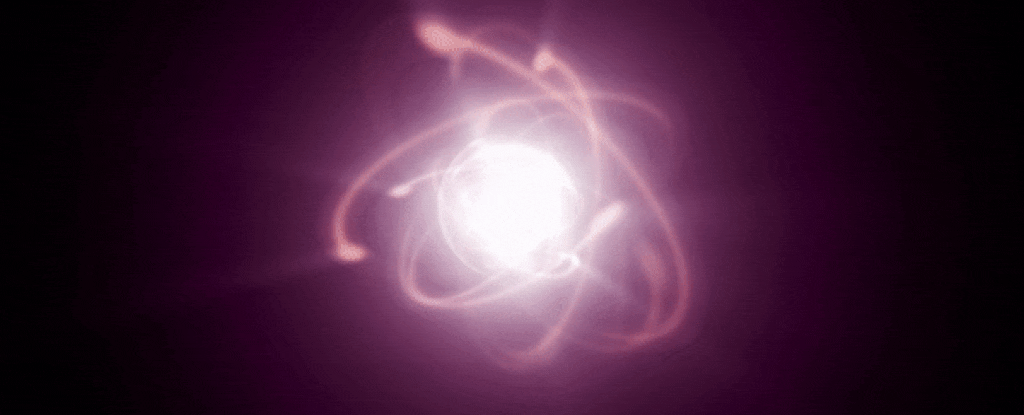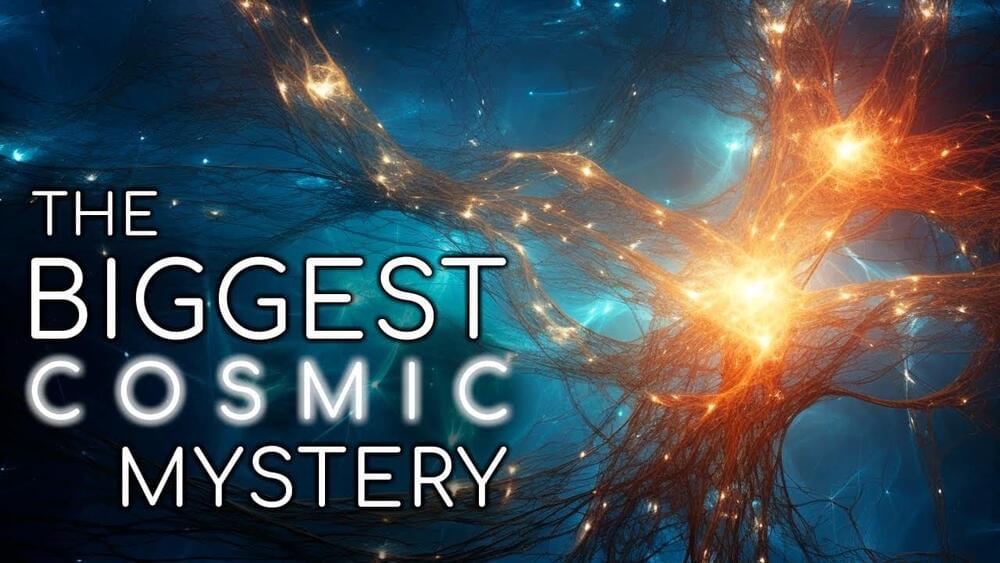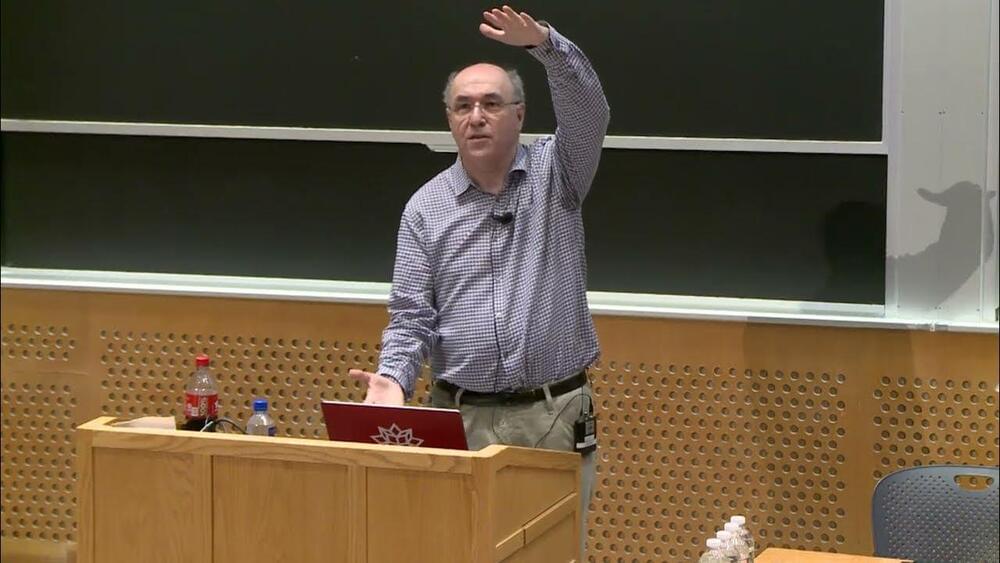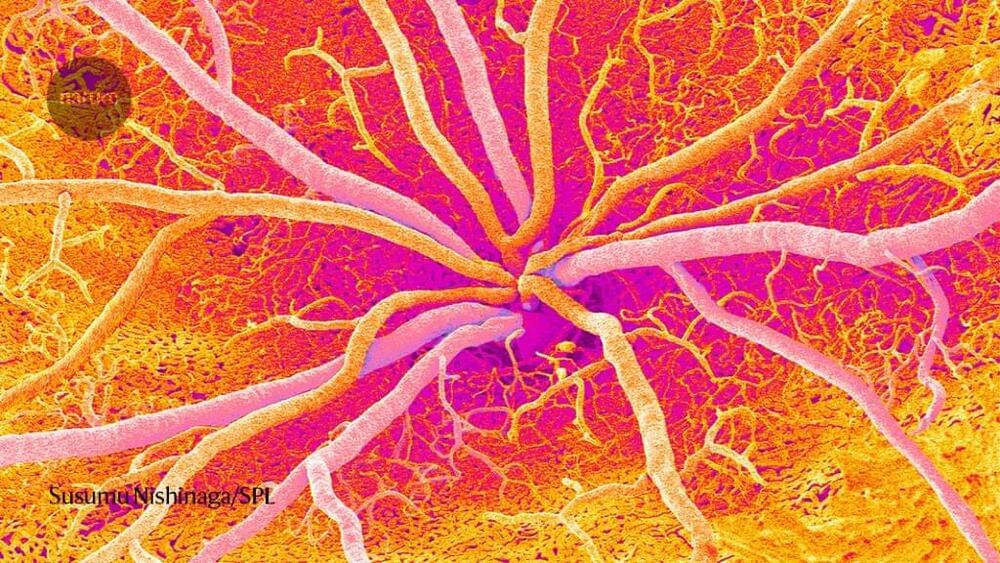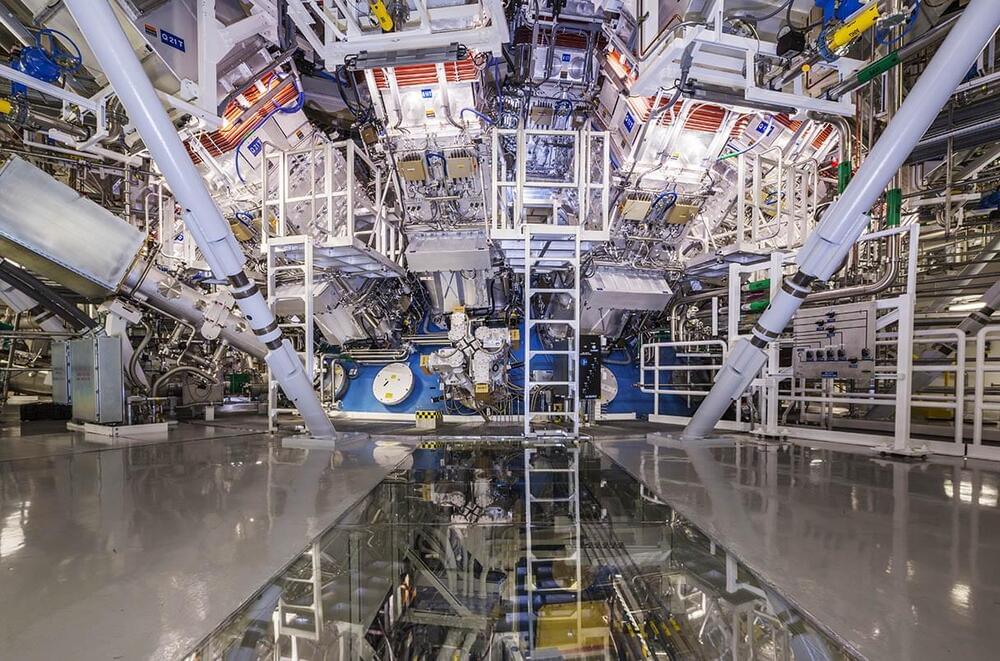Oct 9, 2023
Could a new law of physics support the idea we’re living in a computer simulation?
Posted by Jose Ruben Rodriguez Fuentes in categories: computing, Elon Musk, physics
A University of Portsmouth physicist has explored whether a new law of physics could support the much-debated theory that we are simply characters in an advanced virtual world.
The simulated universe hypothesis proposes that what humans experience is actually an artificial reality, much like a computer simulation, in which they themselves are constructs.
The theory is popular among a number of well-known figures including Elon Musk, and within a branch of science known as information physics, which suggests physical reality is fundamentally made up of bits of information.

